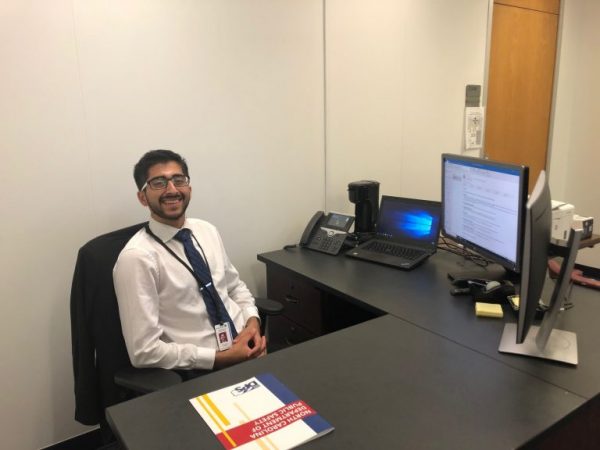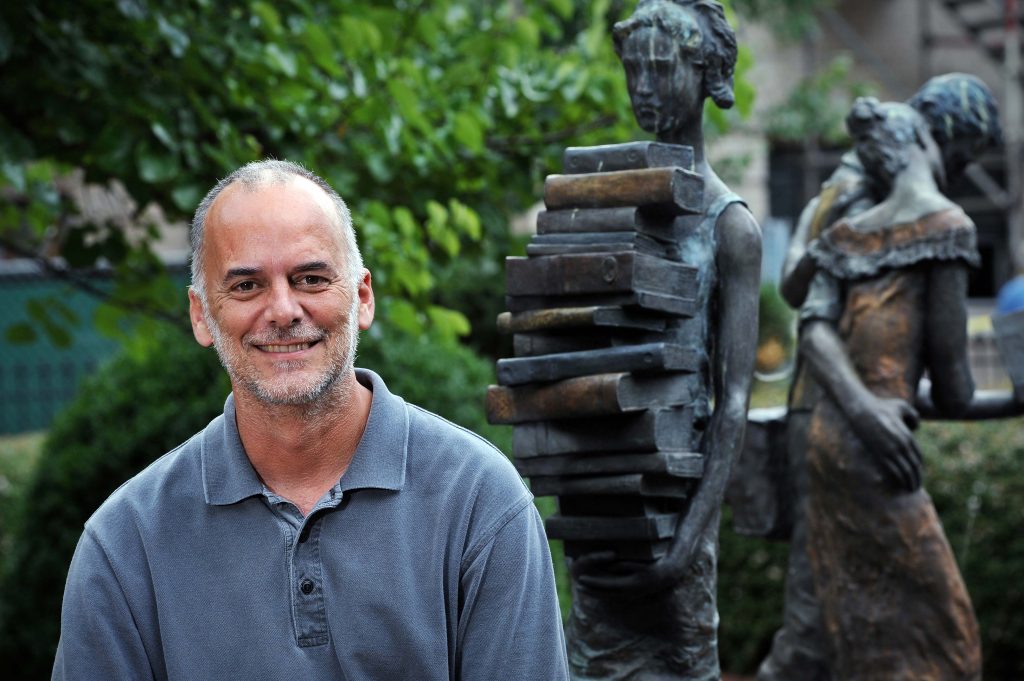 The African Studies Center at the University of North Carolina at Chapel Hill celebrates its tenth anniversary in the 2015-2016 academic year. Founded in October 2005, the center has played a critical role in advancing the University’s scholarship and research related to Africa.
The African Studies Center at the University of North Carolina at Chapel Hill celebrates its tenth anniversary in the 2015-2016 academic year. Founded in October 2005, the center has played a critical role in advancing the University’s scholarship and research related to Africa.
While African studies has been a part of the University’s academic landscape since at least the 1960s, particularly in the areas of political science and biomedical research, the establishment of the center in 2005 marked a dedicated effort to expand UNC’s commitment to African studies. Under the direction of Mike Lambert, center director until 2015, the African Studies Center facilitated UNC’s engagement with more than 30 countries across the African continent through research, study abroad programs and collaborations with visiting African scholars.
Emily Burrill, associate professor of women’s and gender studies and history, was appointed director at the beginning of the 2015-16 academic year. Burrill’s research examines the history of marriage law reform, gender, and the state in West Africa.
“I’m thrilled for the opportunity to continue building on the important work the center has completed in the last 10 years,’ Burrill says. “I look forward to building on these successes and developing African Studies programing across the university campus.”
The center’s impact on the campus community has been profound. The center has helped the University identify key strengths in previously unexplored areas such as research and teaching in the expressive arts, environmental issues and Islam in Africa. Since 2005, more than $4 million in grant funding has been awarded to the African Studies Center. The number of Africa-related courses on campus has increased by 75 percent, the number of Africa-focused faculty has increased by more than 50 percent, and around 30 events, conferences and workshops related to African Studies are now held at UNC each year. UNC undergrads participate in study abroad and internship and service programs across the continent, most recently in Rwanda, South Africa, Senegal, Malawi and Zanzibar. Nearly 70 graduate students from all parts of campus, particularly in health affairs, are conducting cutting-edge research in Africa alongside their faculty mentors.
“It’s incredible how much has been accomplished through the African Studies Center since its inception on campus,” says Jonathan Hartlyn, senior associate dean for social sciences and global programs in the College of Arts and Sciences. “This was the result of hard work and dedication from our faculty, staff and students, and I couldn’t be more proud to celebrate this important milestone in the center’s history.”
Beyond the UNC campus, the efforts of the African Studies Center have reached to all corners of the state. The center has played a key role in educating more than 900 K-12 teachers, community college faculty, military officers and health professionals annually through its outreach programming. On campus, the center serves as a hub for communication and a point of intersection for University activities related to Africa from its location within the FedEx Global Education Center.
By Jamie Gnazzo ’13



